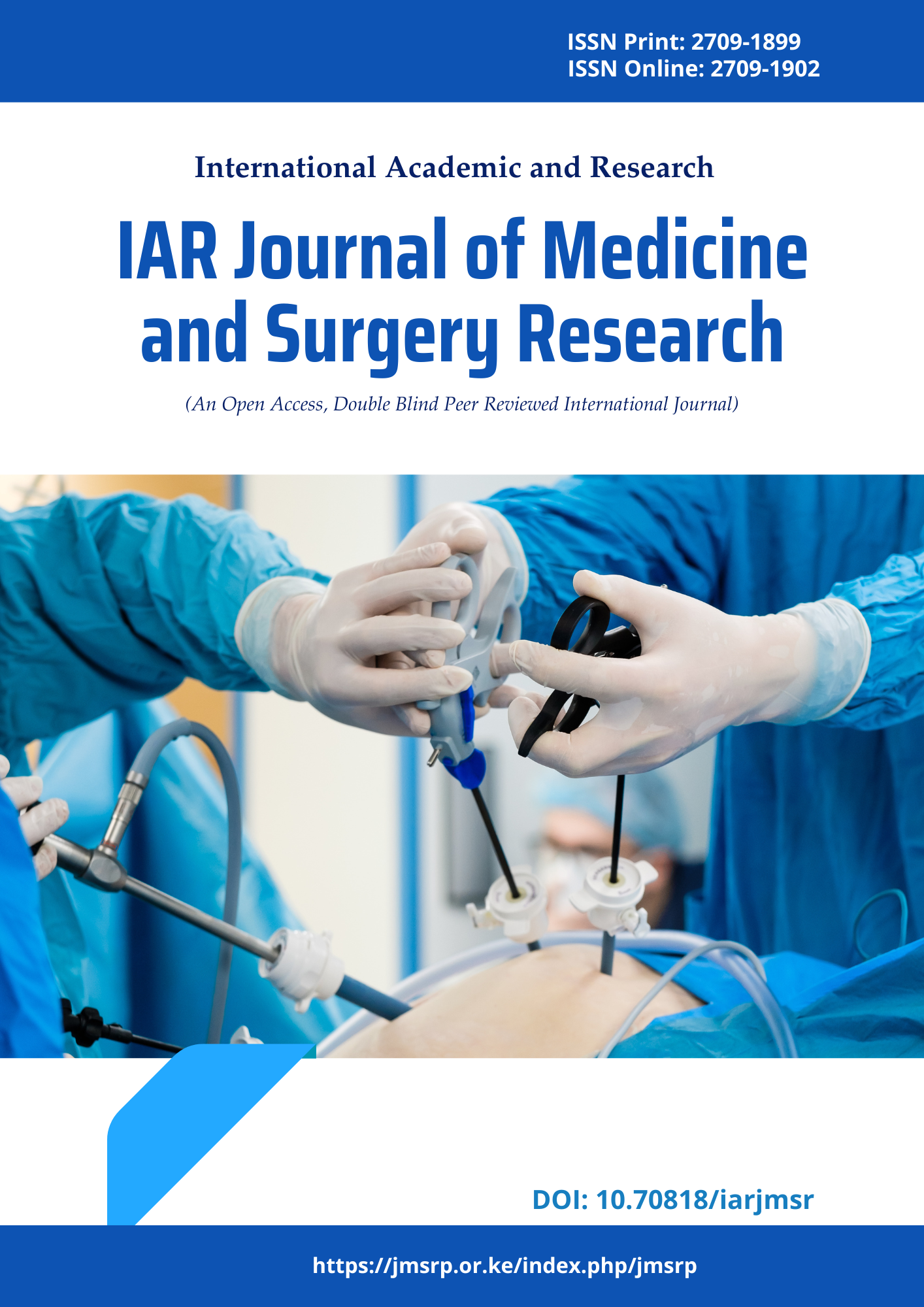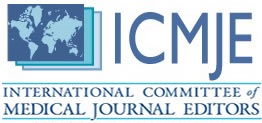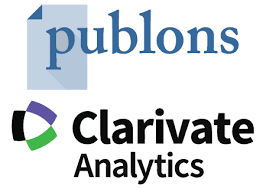
Review Process
Open peer review refers to the process of making peer reviewer reports openly available, where the identities of both the authors and the reviewers are disclosed to each other during the review process. Open peer review promotes transparency and accountability in the scholarly communication process. This transparency can help reduce biases and potential conflicts of interest, as well as foster greater trust in the peer review process.
All submissions are made to the Director of JMSRP and Forwarded to journal-specific chief editors. The paper is first subjected to anti-plagiarism check. If the paper is found to be plagiarized, it is rejected and immediate communication made to the author to revise or resubmit or make other decisions. If it is plagiarism free, the editor deletes the authors details, codes it and sends the coded manuscript to three reviewers of the Particular Subject. Once the reviewers are through, they send back the manuscript to the editor with comments and the author is given a chance to make corrections as per the reviewers’ directions. After revision, the authors return the revised manuscript to the editor who forwards them again to the first reviewers and the process begins again.
The process is repeated until the reviewers and the editor are convinced that the manuscript is ready for publication.
As in the fast track process we hired special reviewers. Once the article submission is done we will check its plagiarism and if plagiarism found less than 15% forwarded to the Reviewer for urgent review and then send to editor for final verification.
Note: Papers can be rejected at any stage should the author fail to make corrections as guided.
1. All the reviewers are requested that before accepting to review a manuscript they should ensure the following:
i. The manuscript is within their area of expertise.
ii. They can dedicate the appropriate time to conduct a critical review of the manuscript.
2. All the reviewers should declare their conflict of interest and can decline the review if conflicts exist.
3. Journal of Advances in Social Science and Humanities follows the blind review process so the manuscript and the review process should remain confidential during and after the review process. Reviewers should ensure it on their part.
4. Review of a manuscript should be fair so reviews should be honest and should not influenced by:-
The origin of the manuscript
i. Religious, political or cultural viewpoint of the author
ii. Gender, race, ethnicity or citizenry of the author
5. In evaluating a manuscript, reviewers should focus on the criteria decided by Journal.
6. Reviewers should only accept manuscript that they are confident that they can dedicate appropriate time in reviewing. Thus, reviewers should review and return manuscripts in a timely manner.
Steps:
Step 2 : Manuscript submitted by registered author will be checked by Managing editor (may be rejected if not full filling the standard research criteria).
Step 3 : Submitted Manuscript will be assigned a manuscript number.
Step 4 : Peer review process will be started and manuscript will be send to two reviewers (manuscript may be rejected if reviewer comments are indicating the poor research quality).
Step 5 : Author/s will receive the manuscript with reviewers comment/s.
Step 6 : Author/s has to submit the revised manuscript to managing editor and manuscript checked by managing editor and one of the reviewers (may be rejected if not satisfying the reviewers queries).
Step 7 : Revised Manuscript will be accepted for publication.
Step 8 : Author/s should submit the manuscript Article processing fee
Step 9 : Galley proof will be formed for the author/s approval and it will be send back to author/s.
Step 10 : Manuscript typesetting and final editing process will be started based on the author/s feedback.
Step 11 : Manuscript will be published after the final approval from the author/s.














